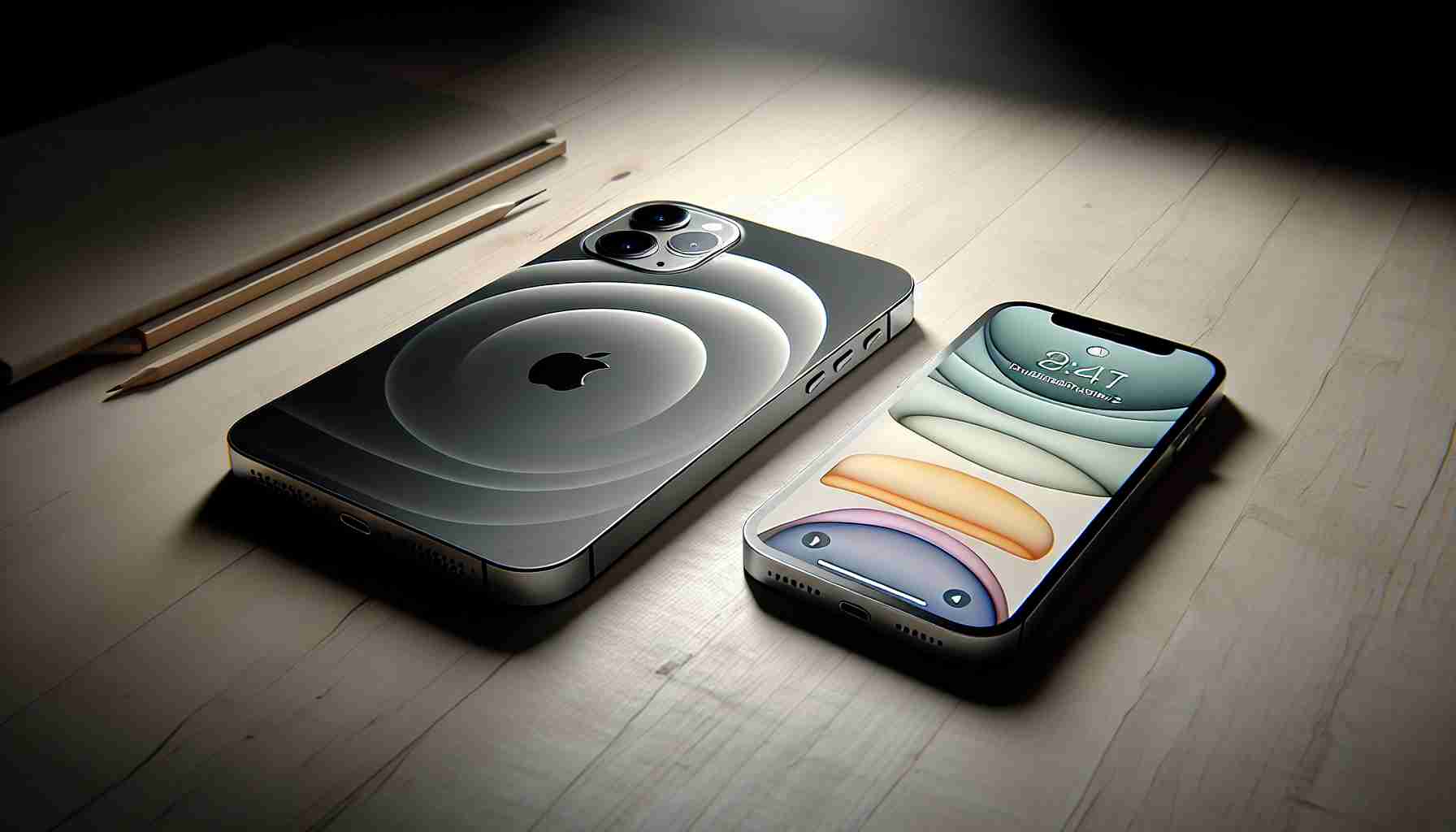The launch of each new iPhone model sparks debate among consumers regarding the necessity of upgrading. With the release of the iPhone 14, many potential buyers are left wondering whether the iPhone 13 is still a strong contender or if the new model presents a significant advantage. Here, we will explore key differences and similarities between these two smartphones to help you discern which model may be better suited to your needs.
One of the most significant differences between the iPhone 13 and the iPhone 14 lies in performance specifications. Both models are equipped with impressive chipsets, yet the iPhone 14 features the A15 Bionic chip, which is also utilized in the iPhone 13. However, the iPhone 14’s variant has a slight enhancement in performance, particularly with its improved GPU and additional GPU cores. This means that, while both models deliver excellent speed and efficiency for everyday tasks and gaming, the iPhone 14 may have a slight edge in graphics performance.
In terms of camera capabilities, both devices offer exceptional photography options, but there are notable upgrades in the iPhone 14. The iPhone 14 introduces enhanced low-light performance, especially in its new Photonic Engine, which increases detail and color in photos taken in dim conditions. Moreover, the new Action mode for video stabilizes footage significantly more than what the iPhone 13 can provide. For photography enthusiasts, these advancements make the iPhone 14 a more appealing choice for capturing high-quality images and videos.
Moreover, battery life remains a core consideration for consumers. The iPhone 13 is known for its solid battery performance, which can easily last through a full day of usage. The iPhone 14, however, boasts slightly improved battery management due to software optimizations and a more efficient chipset, allowing for better performance over time. Both phones support fast charging and MagSafe technology, so users will find convenience on both fronts, but the longevity over extended use is a defining point for the iPhone 14.
A distinguishing feature of the iPhone 14 includes its enhanced safety features. The introduction of Crash Detection and Emergency SOS via satellite are new functionalities that may be crucial for users who prioritize safety and emergency assistance. These features are absent in the iPhone 13, possibly making the newer model a preferred option for individuals who engage in outdoor activities or travel frequently.
On the design front, both models maintain a similar aesthetic with a durable glass front and back, as well as an aluminum frame. The iPhone 14 offers new color options, appealing to customers looking for fresh aesthetics. However, the overall physical dimensions and weight are almost identical, leading many users to find little difference in the handling experience between the two models.
In conclusion, while the iPhone 13 remains a formidable phone with excellent performance, the iPhone 14 does present meaningful advancements in camera technology, battery efficiency, and safety features. Your decision may ultimately depend on personal usage requirements and budget considerations. If the enhancements of the iPhone 14 resonate with your lifestyle, it may very well justify the upgrade, while the iPhone 13 is still a solid option for users who do not require the latest features.
Smartphone Selection: Tips, Life Hacks, and Interesting Facts
When considering whether to upgrade your smartphone, particularly between models like the iPhone 13 and iPhone 14, it’s helpful to think beyond just the specifications. Here are some valuable tips, life hacks, and interesting facts that may assist you in your decision and enhance your overall smartphone experience.
1. Determine Your Priorities:
Before deciding on an upgrade, take stock of what features matter most to you. Are you passionate about photography? Then camera quality might be your top priority. If you frequently engage in outdoor adventures, features like safety enhancements may be essential.
2. Consider Longevity:
Newer models, such as the iPhone 14, are often equipped with software optimizations that ensure they remain functional and efficient for longer. If you tend to keep your phones for several years, it may be wise to invest in the latest model.
3. Battery Management:
Both the iPhone 13 and iPhone 14 are designed for all-day usage, but utilizing battery-saving strategies can extend life even further. Use Low Power Mode during crucial times, manage background app refresh settings, and avoid extreme temperatures to maintain battery health.
4. Utilize Camera Features:
If you’re inclined to take high-quality photos or videos, experiment with modes available on newer models. The iPhone 14’s enhanced low-light capabilities and Action mode for video stabilization can require some adjustment, but they can significantly improve your content.
5. Protect Your Device:
Invest in a protective case and screen protector. Accidents happen, and these accessories can save you from costly repairs. Many cases also offer added grip, making it easier to hold your device securely.
6. Maintain Software Updates:
Whether you choose the iPhone 13 or iPhone 14, keeping your smartphone’s software updated is vital for performance and security. Updates often include bug fixes and new features that enhance user experience.
7. Explore Trade-In Programs:
If you’re leaning towards upgrading, consider trade-in options that can significantly reduce the cost of a new device. Apple offers trade-in services that allow you to receive credit for your old model, making the switch more budget-friendly.
8. Uncover Hidden Features:
Many users aren’t aware of various hidden features of their smartphones. Experiment with settings such as “Focus Modes” for managing notifications, or explore accessibility features that can enhance your usage experience.
Interesting Facts:
– Did you know that the typical smartphone user touches their device more than 2,600 times a day? This makes choosing the right device more crucial than ever.
– A smartphone’s battery health can diminish with frequent charging cycles. Aim to keep your battery between 20% and 80% for optimal health over time.
– The camera in smartphones has advanced to the point that they can now substitute for professional cameras for many casual photographers, with capabilities like portrait mode and advanced stabilization.
In conclusion, whether you choose the iPhone 13 or iPhone 14, understanding your needs and effectively utilizing the features can help you maximize your device’s potential. This enhances not only usability but also enriches your overall experience with technology.
For more insights and advice on choosing the right smartphone, visit Apple.

















